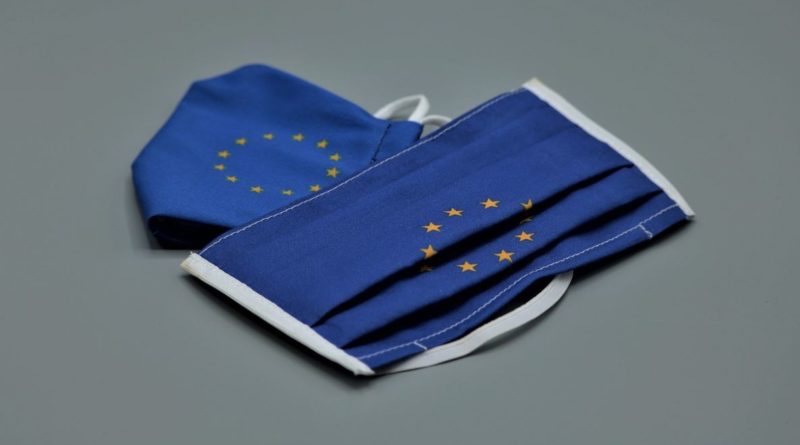UK importer details double hit of Covid and Brexit supply chain pain
A UK importer of European-made bicycle labels has written a stinging assessment of the supply chain pain felt on the back of Brexit and Covid, stressing on the former issue that nobody in the chain from manufacturer to consumer has benefitted in price, nor delivery terms.
Fli Distribution Managing Director Colin Williams has been forced to become an expert on all things Brexit since 2016’s vote, with the many twists and turns in the tale tossing up all sorts of eventualities for his business, including potential closure.
Operating as both a sales agent and a distributor for brands like KTM Bicycles and children’s label Puky, the arrangement with the European supplier has not benefitted from a general indecision shown by the UK Government in regards to what shape the deal takes. Turbulence remains even now in relation to checks on goods headed for Northern Ireland, a subject Williams promises to address in a future blog.
Williams wrote: “Brexit costs that have been added do not benefit the end consumer, do not benefit the bike shop, don’t benefit FLi and don’t benefit Puky; none of us are making any extra money or getting any beneficial change to the systems.”
UK shops have been presented with two avenues to access the Puky brand since the Brexit deal was signed.
Williams explains: “Leaving the EU Customs Union / Single Market means a new border for goods to negotiate between the EU / UK, that didn’t exist last year. (Dealers can) order from Puky in Germany, but the order has to be large enough to ensure the new £50.00 clearance fee doesn’t eat all the margin, and they have to wait until the whole order is in stock. Puky can’t ship split orders anymore, because it’ll be a £50.00 charge on every shipment. (Alternatively) order from FLi in the UK. It’s easier for the dealer, but the trade price is increased.”
With a £50 customs clearance fee proving a significant hurdle for shipments of lower priced goods the dealer is double bound. Ordering a small number of bikes directly would see margin eaten into heavily to the point its becomes economically unviable to carry cheaper lines. Likewise, it is often not viable for shops without a large footprint to carry a wide range of SKUs all at once given the range of sizes and colours present.
“Being able to get bikes to dealers within 48 hours of ordering is an important part of our support for our UK customers. So now in order to allow our dealers to order quickly, we have to hold stock in the UK. This extra step in the supply chain has cost implications for everyone, but it’s better than a £50 charge on every order. The £50 charge is still paid, but its diluted because we order the UK’s requirement in bulk. This now means two shipping costs, one Germany to FLi, and then FLi to dealer. It means extra warehousing, insurance, staff and other costs for FLi,” he continued.
Compounding the issue, Covid has made it especially important leading into the peak Christmas sales season that bike shops act decisively.
“We’re continuing to tell everyone that if you want bikes before Christmas you really need to be ordering now, don’t wait. If you wait you will almost certainly miss out,” writes Williams.
That pressure is felt widely across the supply chain, with record levels of forward ordering underway and little guarantee of delivery dates as even the world’s largest bike makers struggle to finish bikes.
“The Covid impacts on the bicycle industry supply chain are not just short term. We’re not sure when they will end, but it won’t be in 2022. Shipping cost increases, energy price rises and demand are all set to continue, and we’ll do our best to manage things as best we can for the UK customers, but we predict the challenges for the bike industry will remain for some time,” added Williams.
To read Fli Distribution’s blog in full, head here.



